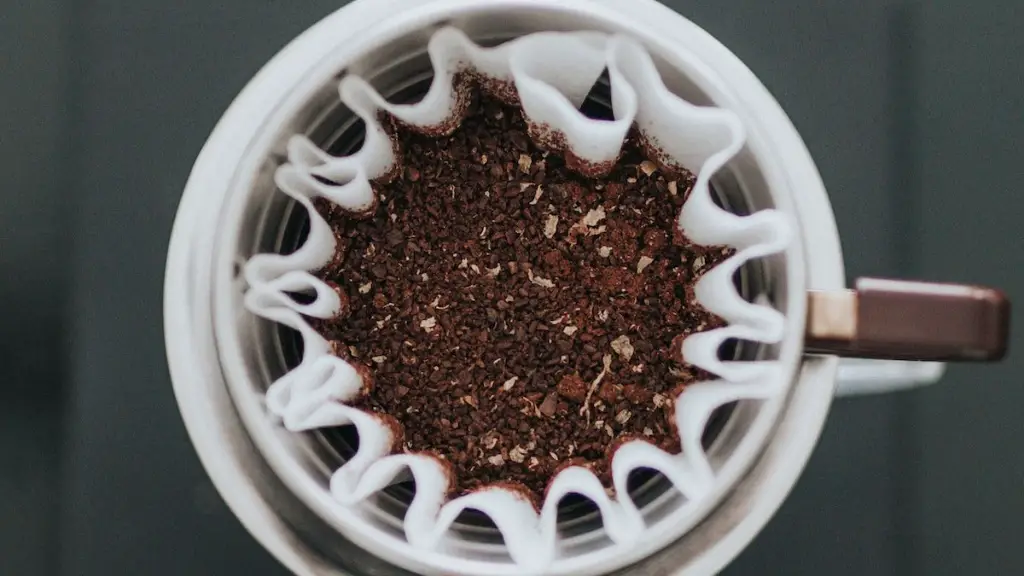What is the Self-Treatment Protocol for Colds?
When it comes to a cold, the traditional self-treatment protocol consists of rest, fluids, and over-the-counter remedies. For many people, that last part also includes a hot cup of coffee, tea, or cocoa to soothe a sore throat. But the question still remains: Is drinking coffee when you have a cold really beneficial or should it be avoided?
To answer this question, it is important to understand that colds and the flu are both viruses, and antibiotics do not help in most cases. The primary mean of treatment is rest and hydration. As for caffeine, research into the effects it has on the body when combating a cold or flu are conflicting. Studies have shown that moderate doses of caffeine have an overall positive effect, while others cite the potential for increased dehydration, increased heart rate and increased blood pressure as possible side effects. Some research even suggests that caffeine may suppress the body’s natural response to a cold or flu, making it more difficult to recover.
The Pros and Cons of Coffee
On the one hand, coffee contains powerful antioxidants that can help boost the immune system. It is also a mild stimulant that can increase alertness and ease congestion. In addition, coffee can provide relief from pain and muscle soreness that often accompany colds and flu.
On the other hand, coffee can also be a source of dehydration as it is a diuretic. This means that it causes the body to lose more fluid than it takes in. This can cause dehydration, which can make symptoms of a cold or the flu worse. Coffee can also increase heart rate and blood pressure, which can be a concern if you are already feeling unwell. Lastly, caffeine can interfere with sleep, which can be important for recovery when you are sick.
Optimizing the Benefits of Coffee When Sick
Although the evidence is conflicting, coffee may provide some relief when you are battling a cold or the flu. To maximize the benefits, it is important to practice moderation and to ensure you are taking proper measures for recovery. Here are a few tips for optimizing the potential benefits of coffee when you have a cold:
- Limit your intake to just one cup of coffee, at most, in a day. Caffeine is a mild stimulant and can interfere with sleep, so it is best to avoid consuming too much.
- Drink plenty of water throughout the day to stay hydrated.
- Look for cold-brewed coffee, which can have lower levels of caffeine than regular coffee. The milder flavor can also be easier on a sore throat.
- Mix some honey with your coffee. This can add extra hydration and honey has natural anti-inflammatory and antimicrobial properties.
The Benefits of Other Hot Beverages
For those who want the benefits of a warm beverage but want to avoid caffeine, there are plenty of alternatives. Herbal teas, cocoa, and broth-based soups can provide hydration and warming relief. The natural compounds they contain can even help reduce inflammation and provide some added health benefits.
In addition to hot beverages, it is important to get plenty of rest and take steps to boost your immune system. Eating a balanced diet and making sure to avoid processed foods, added sugars, and unhealthy fats can help your body stay strong and resilient when recovering from a cold.
The Benefits of Essential Oils
Essential oils have long been used for their medicinal properties, and many of them can provide relief from cold and flu symptoms, as well as boosting the immune system. For example, eucalyptus essential oil can help clear congestion and reduce inflammation in the respiratory system. On the other hand, tea tree oil is an effective antibacterial and antiviral, while peppermint and lemon essential oils can help soothe a sore throat.
It is important to note that essential oils should be used with caution, as they are highly concentrated and can be irritating to the skin or mucous membranes. Essential oils should always be diluted before use and cared should be taken when ingesting them.
The Benefits of Herbal Remedies
Herbal remedies have long been used in traditional medicine, and some herbs can provide relief from cold and flu symptoms as well as boost the immune system. For example, turmeric is an anti-inflammatory and can help reduce congestion, while ginger has antimicrobial and antioxidant properties that can help reduce the severity of cold and flu symptoms. Echinacea is thought to be an effective immune-booster, and elderberry is known for its antiviral properties.
It is important to use caution when taking herbal remedies, and it is best to consult a qualified healthcare practitioner before using any herbal products.
The Benefits of Vitamin C
Vitamin C, or ascorbic acid, is a powerful antioxidant and one of the most potent immune-boosters. It is found naturally in many fruits and vegetables as well as in supplemental form. In addition to helping fight off colds and flu, vitamin C is thought to reduce the severity of symptoms when consumed regularly during sickness.
It is important to consult a qualified healthcare practitioner when taking Vitamin C in supplemental form, particularly in large amounts. Excessive amounts can cause nausea, headaches, and other side effects.
The Benefits of Aromatherapy
Aromatherapy has long been used as an effective complementary therapy for colds and the flu. Essential oils such as eucalyptus and rosemary can help reduce congestion and improve breathing. Lemon and lavender essential oils have calming, soothing effects. Inhaling these aromas can also improve mood, lessen fatigue, and help reduce stress.
As with essential oils, aromatherapy should be used with caution and only after consulting a qualified healthcare practitioner.


